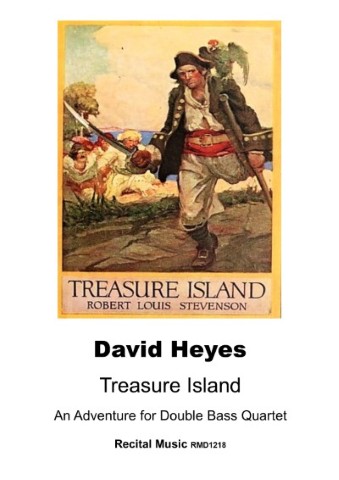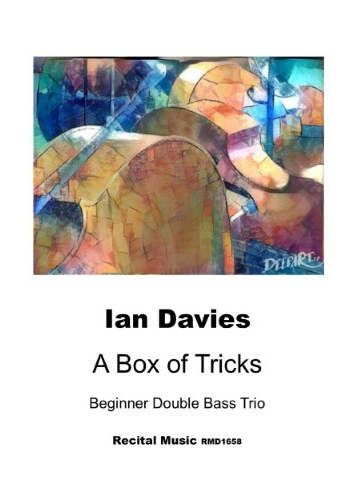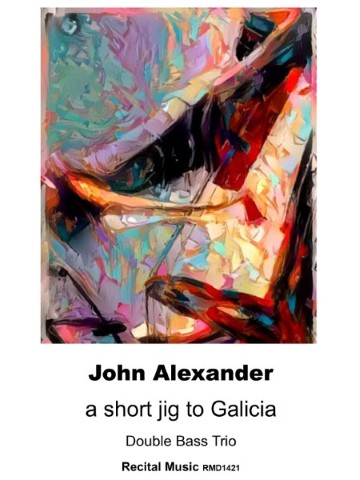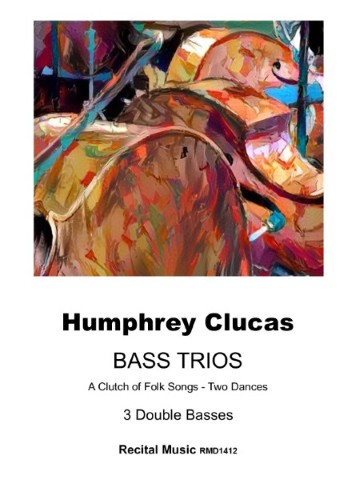Treasure Island
An Adventure for Double Bass Quartet

| Product Code: | RMD1218 |
| Publishers Number: | RMD1218 |
| Language: | English |
| Condition: | New |
2. Long John Silver
3. The Doldrums
4. Ben Gunn
5. The Battle
David’s collaborative work gained him a prestigious award from the David Walter Charitable Trust of New York for his pioneering activities as a soloist, teacher, publisher, and commissioner of new music for double bass and he works with composers throughout the world to expand the double bass repertoire by commissioning new music and by rediscovering forgotten ones. Since 1983 more than 700 works have been written for him, music from one to twenty basses and from beginner to virtuoso, and he has premiered ten contemporary concertos with orchestra.
David began to compose in 2013 and has had music performed and recorded in 29 countries across five continents. He is a D’Addario Performing Artist and has recently commissioned a solo double bass from British master-luthier Martin Penning.
Treasure Island is a five movement work for the progressing young Double Bass Quartet or ensemble. It remains in bass clef throughout, bass 4 plays…
Treasure Island can be played by quartet or massed forces and an optional narration can be spoken before each movement.
1. The Journey Begins imagines the excitement, hustle and bustle as the crew load provisions and prepare the Hispaniola for the long sea voyage ahead. Driving and repeated quaver movement, alongside building chords, adds energy and momentum to depict the frenetic preparations before setting sail.
2. Long John Silver is one of the main characters in the novel and is charismatic, cunning, devious and opportunistic. The music is dramatic and sinister, sometimes relaxed and easy going, but always with an undercurrent that all is not well.
3. The Doldrums is played entirely in harmonics and is slow and static. The harmonics with diamond note heads are played in 4th position and the normal note heads are an octave above the open sting. Bass 4 introduces the ‘seagull effect’ occasionally, as seagulls fly past the becalmed ship, and can play the markings in the score or play ad lib.
4. Ben Gunn is fast and lively, played pizzicato throughout, and the melodic interest is primarily given to bass 4. He was marooned on Treasure Island for three years and is described as flitting ‘like a deer’.
5. The Battle is full of great energy and excitement as the adventurers and mutineers battle for possession of the Stockade. Driving rhythms add a strong momentum with Bartók pizzicato depicting the sound of gunfire, with something of interest for each player. The Battle is fast and furious bringing the suite to a strong and powerful conclusion.
R.R.P £10.00
Our Price: 8
Digital Download – PDF
Shipping costs: No shipping
You might also like
-
A Box of Tricks
£6.40 -
a short jig to Galicia
£6.00 -
A Trio of Short Pieces for a Trio of Double Basses
£6.00 -
Bass Trios
£8.00




